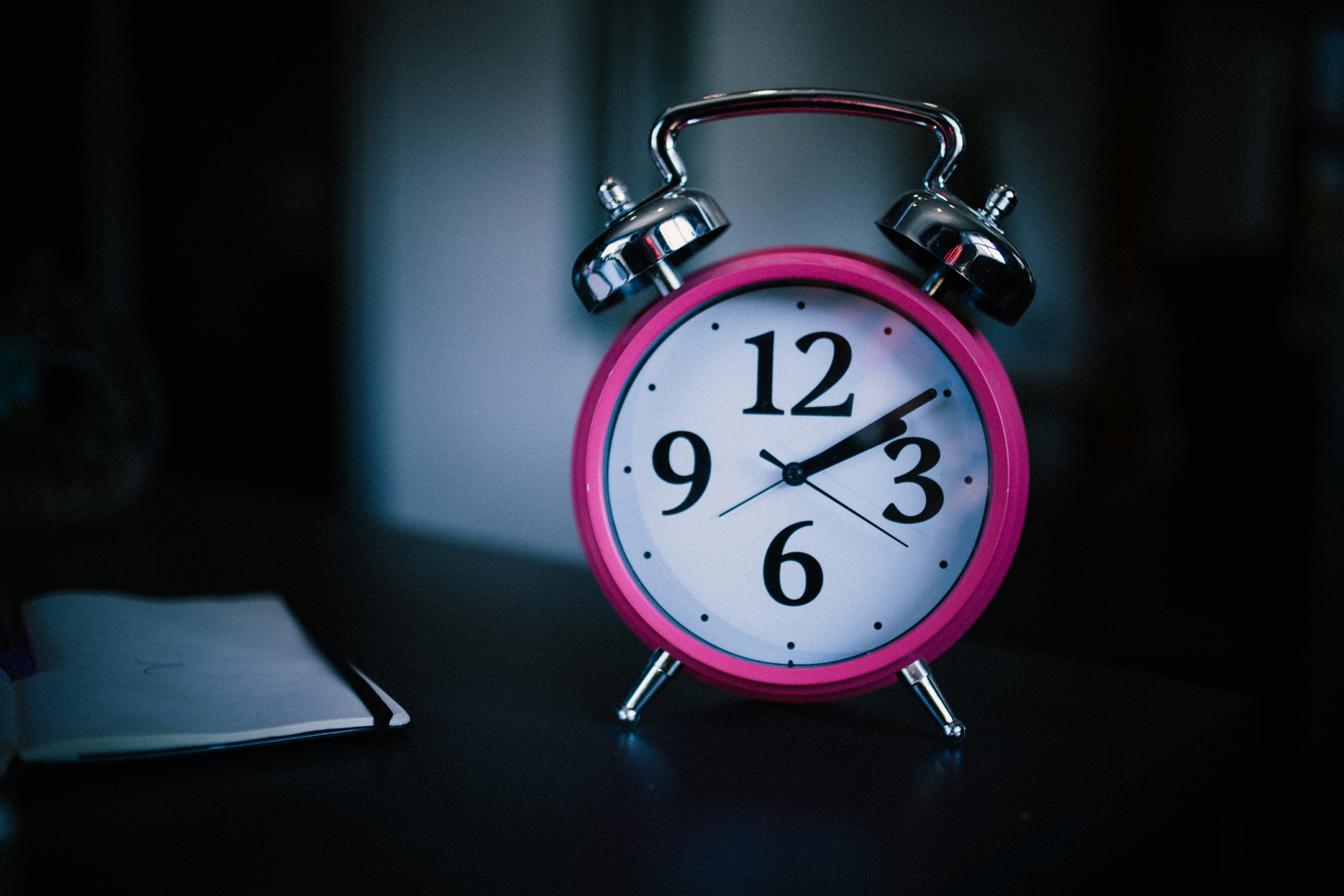
Can’t Sleep? Let’s Find Out Why.
Are you tossing and turning, unable to get a good night’s sleep? If so, you’re not alone. Many people struggle with insomnia or disrupted sleep patterns, and the reasons behind it can be multifaceted. Let’s explore seven common reasons you might have trouble sleeping at night.
Stress and Anxiety: One of the most prevalent causes of sleep disturbances is stress and anxiety. When your mind is racing with worries and concerns, relaxing enough to fall asleep can be challenging. Stress hormones like cortisol can also interfere with your body’s natural sleep-wake cycle, making it difficult to fall asleep and stay asleep throughout the night.
Poor Sleep Hygiene: Your sleep environment and bedtime routine play crucial roles in determining the quality of your sleep. Poor sleep hygiene habits, such as using electronic devices before bed, consuming caffeine or heavy meals late in the evening, or maintaining an irregular sleep schedule, can disrupt your body’s internal clock and make it harder to drift off into slumber.
Hormonal Imbalances: Hormones play a significant role in regulating sleep patterns, and imbalances can lead to insomnia or other sleep disorders. For example, fluctuations in estrogen and progesterone levels during the menstrual cycle can affect women’s sleep quality, while disruptions in melatonin production, often associated with age-related changes or shift work, can also contribute to sleep disturbances.
Medical Conditions: Certain medical conditions can interfere with your ability to sleep soundly at night. Conditions like sleep apnea, restless leg syndrome, chronic pain, and gastrointestinal issues can all cause discomfort or disruptions that prevent you from achieving restful sleep. Additionally, conditions like depression and bipolar disorder are often associated with sleep disturbances.
Medications: Some medications can have side effects that impact sleep. Stimulants like caffeine and certain antidepressants or ADHD medications can interfere with your ability to fall asleep, while others may cause vivid dreams or frequent awakenings throughout the night. If you suspect your medication is affecting your sleep, consult your healthcare provider for alternatives or adjustments.
Environmental Factors: External factors in your sleep environment can also contribute to sleep difficulties. These may include noise pollution, uncomfortable bedding or mattress, excessive light exposure, or an uncomfortable room temperature. Creating a sleep-friendly environment by minimizing noise, light, and temperature fluctuations can help promote better sleep.
Unhealthy Lifestyle Choices: Certain lifestyle habits can sabotage your efforts to get a good night’s sleep. These may include excessive alcohol consumption, smoking, lack of physical activity, or overconsumption of sugary or high-fat foods. These habits can disrupt your body’s natural rhythms and make it harder to achieve restorative sleep.
Addressing Sleep Issues
If you’re struggling with sleep problems, addressing the underlying causes is essential rather than just treating the symptoms. Remember, prioritizing good sleep is essential for maintaining optimal health and vitality.




